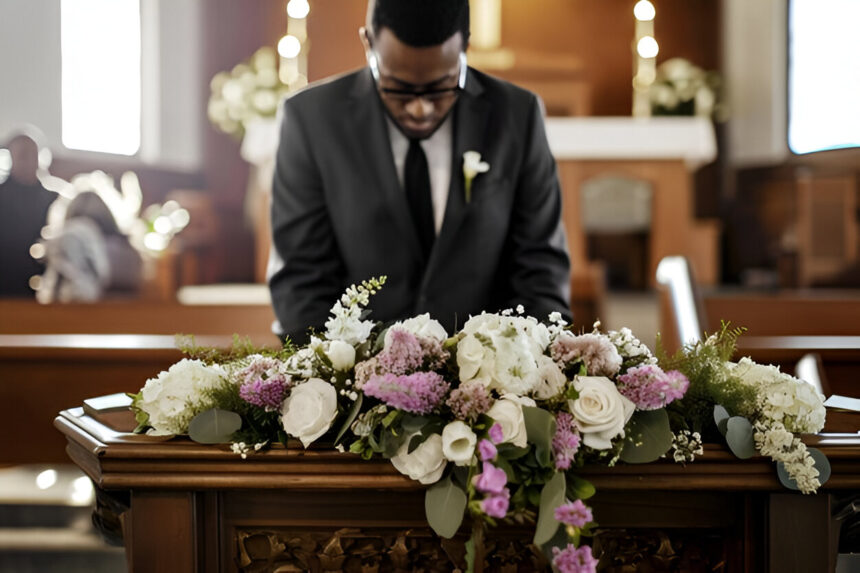Funeral services play a crucial role in honoring and remembering the lives of our loved ones who have passed away. These ceremonies provide a way for family and friends to come together to grieve, share memories, and find closure. Over the years, funeral services have evolved to reflect changing cultural and religious practices, as well as individual preferences.
History of Funeral Services
Funeral rites have been a part of human culture for thousands of years, dating back to ancient civilizations such as the Egyptians, Greeks, and Romans. These early societies believed in the importance of honoring the deceased through elaborate ceremonies and rituals. In many cases, these rituals were meant to ensure a peaceful transition to the afterlife and to pay respect to the deceased’s legacy.
Throughout history, funeral traditions have varied greatly across different cultures and regions. From Viking funerals where the deceased was set adrift on a burning ship to modern embalming techniques developed during the American Civil War, the practices surrounding death and burial have constantly evolved.
The Purpose of Funeral Services
Funeral services serve multiple purposes, including providing a space for mourning, celebrating the life of the deceased, and offering support to the grieving family. These ceremonies can take many different forms, from traditional religious services to contemporary celebrations of life.
One of the key functions of a funeral service is to allow family and friends to say goodbye to their loved one in a meaningful way. This can help the bereaved process their grief and begin the healing process. Additionally, funeral services can provide closure and a sense of continuity by allowing people to come together to honor and remember the person who has passed away.
Types of Funeral Services
There are various types of funeral services that cater to different cultural, religious, and personal preferences. Some common types of funeral services include:
- Traditional Funeral: A formal service typically held in a place of worship or funeral home, followed by a burial or cremation.
- Memorial Service: A ceremony held after cremation or burial, often without the body present, to honor and remember the deceased.
- Celebration of Life: A more informal gathering that focuses on celebrating the life and achievements of the deceased rather than mourning their passing.
- Green Burial: A sustainable and environmentally friendly burial option that avoids embalming and uses biodegradable materials.
Funeral Service Planning
When planning a funeral service, there are several key aspects to consider. These include:
- Choosing a Funeral Home: Selecting a reputable funeral home that can assist with arranging the service, handling the body, and providing support to the family.
- Deciding on Burial or Cremation: Determining whether the deceased will be buried in a cemetery or cremated, based on personal, religious, or cultural beliefs.
- Selecting a Coffin or Urn: Choosing a suitable coffin for burial or an urn for cremated remains that reflects the deceased’s preferences and budget.
- Organizing the Ceremony: Coordinating the details of the funeral service, including the location, date, officiant, music, readings, and any special rituals or customs.
The Future of Funeral Services
As society continues to evolve, so too will the customs and practices surrounding death and funerals. In recent years, there has been a growing trend towards more personalized and eco-friendly funeral services. Families are seeking ways to create unique and meaningful ceremonies that reflect the individuality of the deceased.
Technology is also playing an increasingly important role in funeral services, with live-streaming of ceremonies, online memorial pages, and digital funeral planning tools becoming more common. These innovations are allowing people to connect and participate in funeral services from anywhere in the world, making it easier for distant family and friends to be part of the mourning process.
In conclusion, funeral services hold a special place in our society as a way to honor, remember, and celebrate the lives of those we have lost. By understanding the history, purpose, and evolving nature of funeral services, we can better appreciate the importance of these ceremonies in helping us navigate the complex emotions surrounding death and grieving.





